According to information from the European Commission (EC), cited by the Vietnam News Agency correspondent in Brussels, the European Union (EU) delegation in Vietnam signed the Hanoi Convention – the United Nations Convention against Cybercrime – on October 25th on behalf of the EC.
This event marks the EU's strong commitment to strengthening international cooperation in combating cybercrime, while affirming Vietnam's role as a crucial link in the global effort to ensure cybersecurity.
According to the EC, the fight against cybercrime is one of the EU's top priorities. Cybercrime knows no borders, can disrupt essential services, cause significant financial damage to individuals and businesses, and expose personal data and sensitive information.
The EU's participation in signing the Hanoi Convention is seen as a step to strengthen the international legal framework in this field, helping to enhance coordinated action with global partners.
The Hanoi Convention sets common standards for preventing and combating cybercrime, while promoting international cooperation and ensuring that human rights and fundamental rights are respected.
The Convention criminalizes serious cybercrimes such as child sexual abuse, online fraud, ransomware attacks, and unauthorized access to computer systems.
In addition, the convention stipulates specific cooperation mechanisms such as extradition of suspects, sharing and exchange of electronic evidence, as well as enhanced technical support and training for law enforcement agencies.
These regulations help enhance countries' ability to respond to increasingly sophisticated and organized cyber threats.
Notably, the Hanoi Convention is considered the "missing link" in the global legal system for combating cybercrime. Currently, more than 115 UN member states have not ratified the Budapest Convention on Cybercrime, the first international instrument in this field.
The Hanoi Convention is expected to bridge the cooperation gap and create a foundation for countries to coordinate more effectively in combating cross-border cybercrime.
According to the EC, between 2019 and 2024, the agency represented the EU and its member states in negotiating the content of the convention with the United Nations. On December 24, 2024, the UN General Assembly adopted the final text of the convention. Based on the EC's proposal, the EU Council approved the EU's participation as a signatory on October 13.
Following the signing, the EU Council will discuss and decide on the ratification process, with the consensus of the European Parliament. EU member states will also proceed with signing and ratification according to their own national procedures. The Hanoi Convention will officially enter into force when at least 40 countries have ratified it.
The signing of the Hanoi Convention not only strengthens the EU's role in global cybersecurity but also demonstrates Vietnam's importance in international cooperation on digital technology and combating cybercrime.
Hanoi, where the convention was signed, is seen as a symbol of multilateral cooperation, making a practical contribution to the goal of building a safe, transparent cyberspace for the common good of all humanity.
(VNA/Vietnam+)
Source: https://www.vietnamplus.vn/cong-uoc-ha-noi-khang-dinh-vai-role-of-vietnam-is-an-important-connecting-point-post1073162.vnp











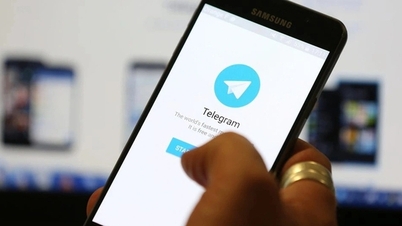

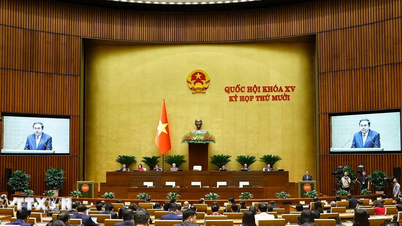















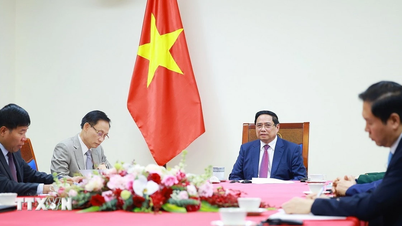






























































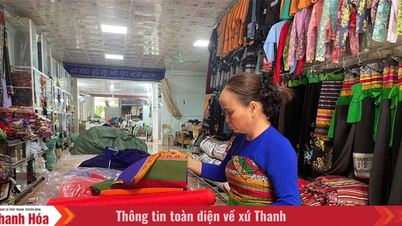

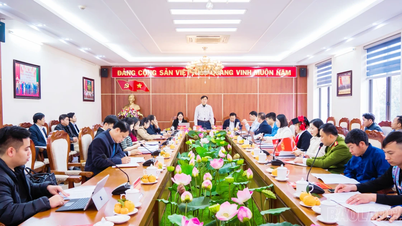













Comment (0)